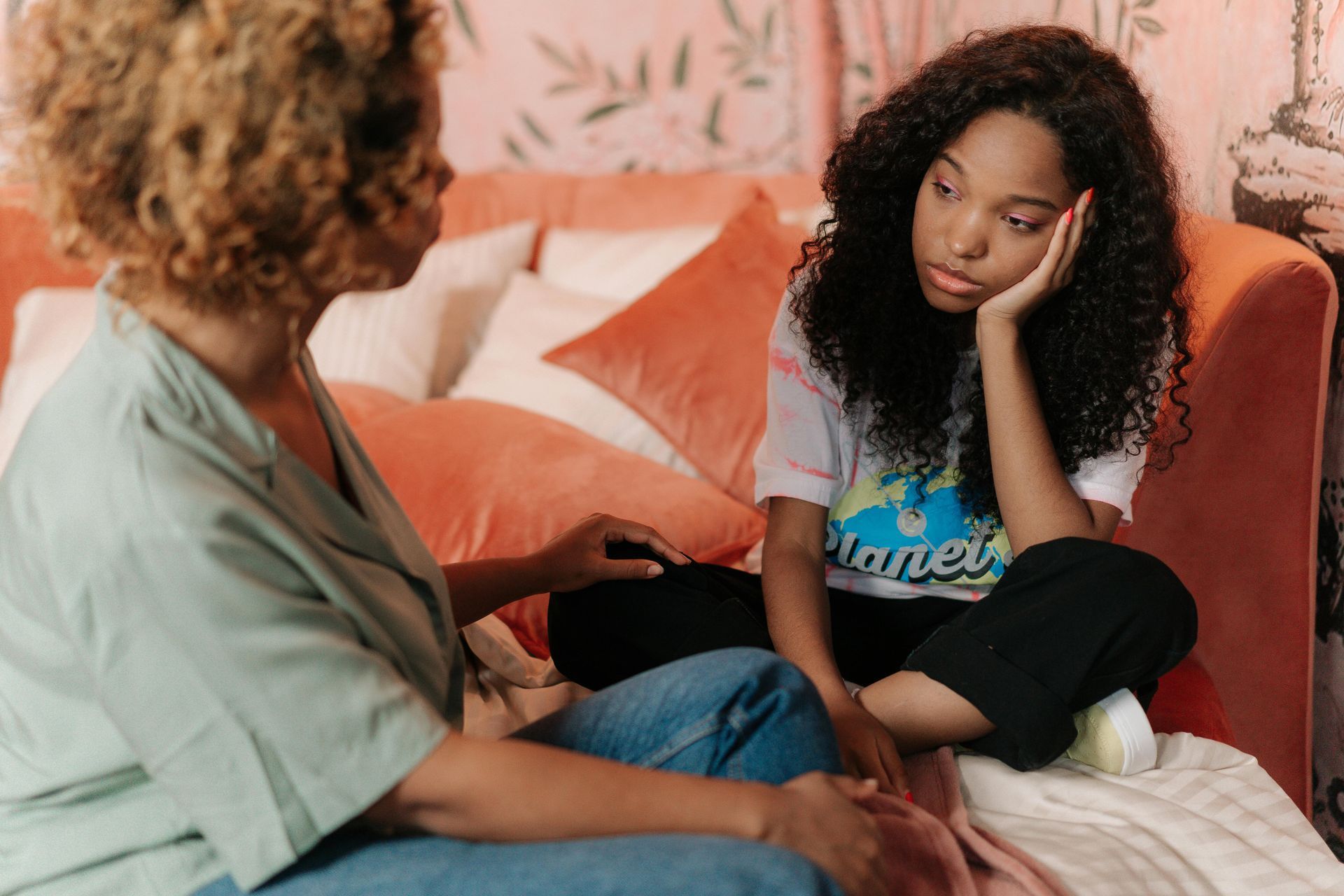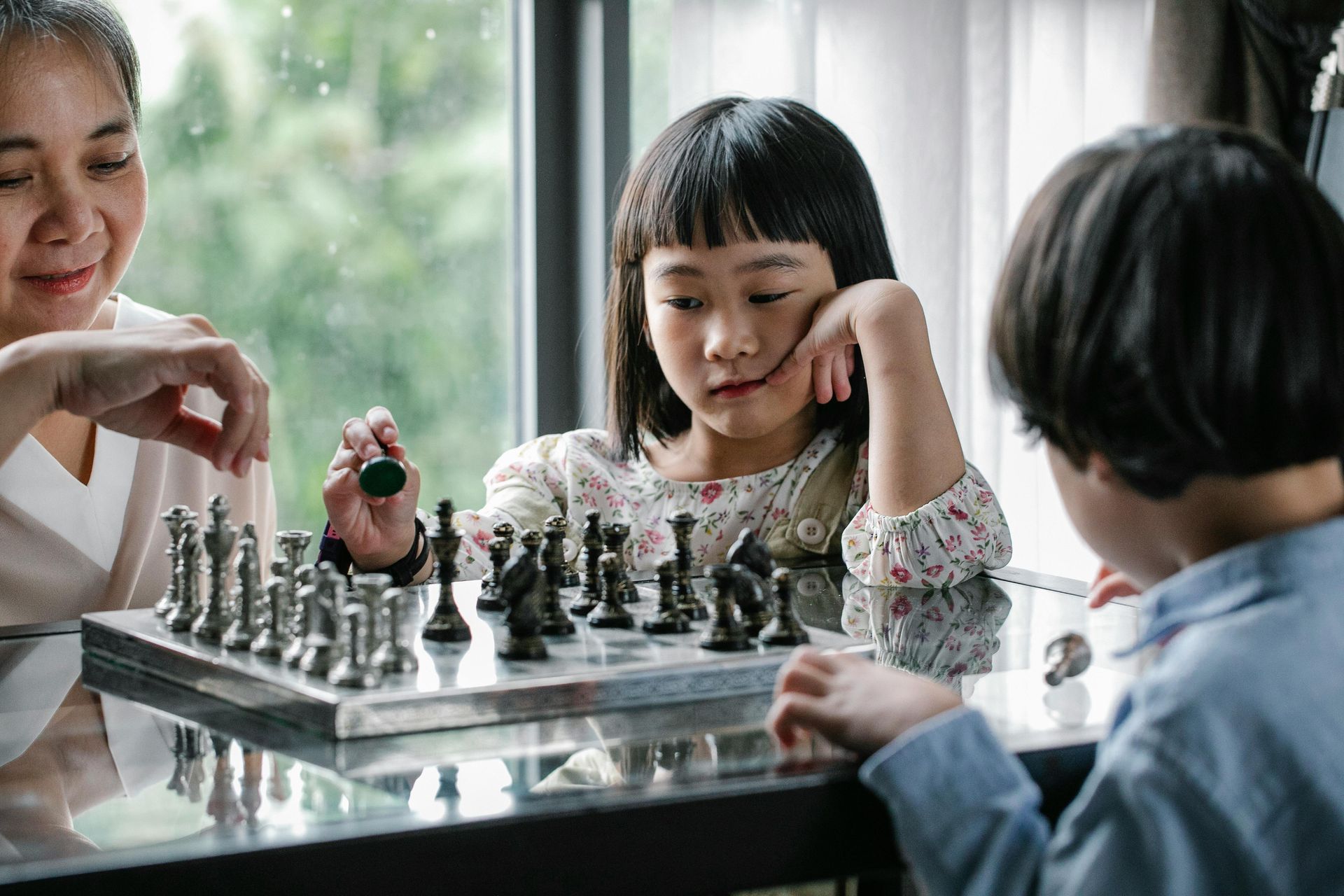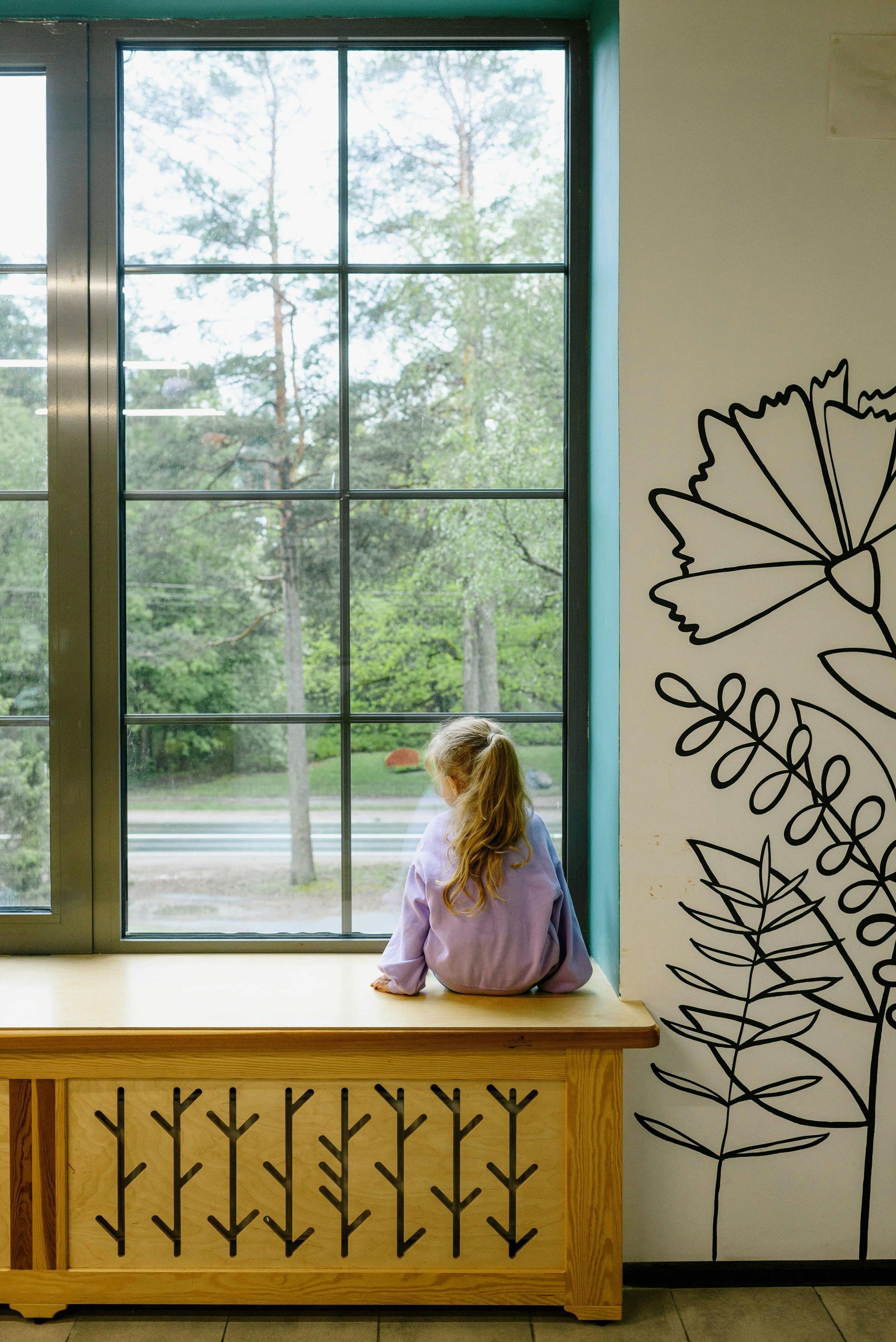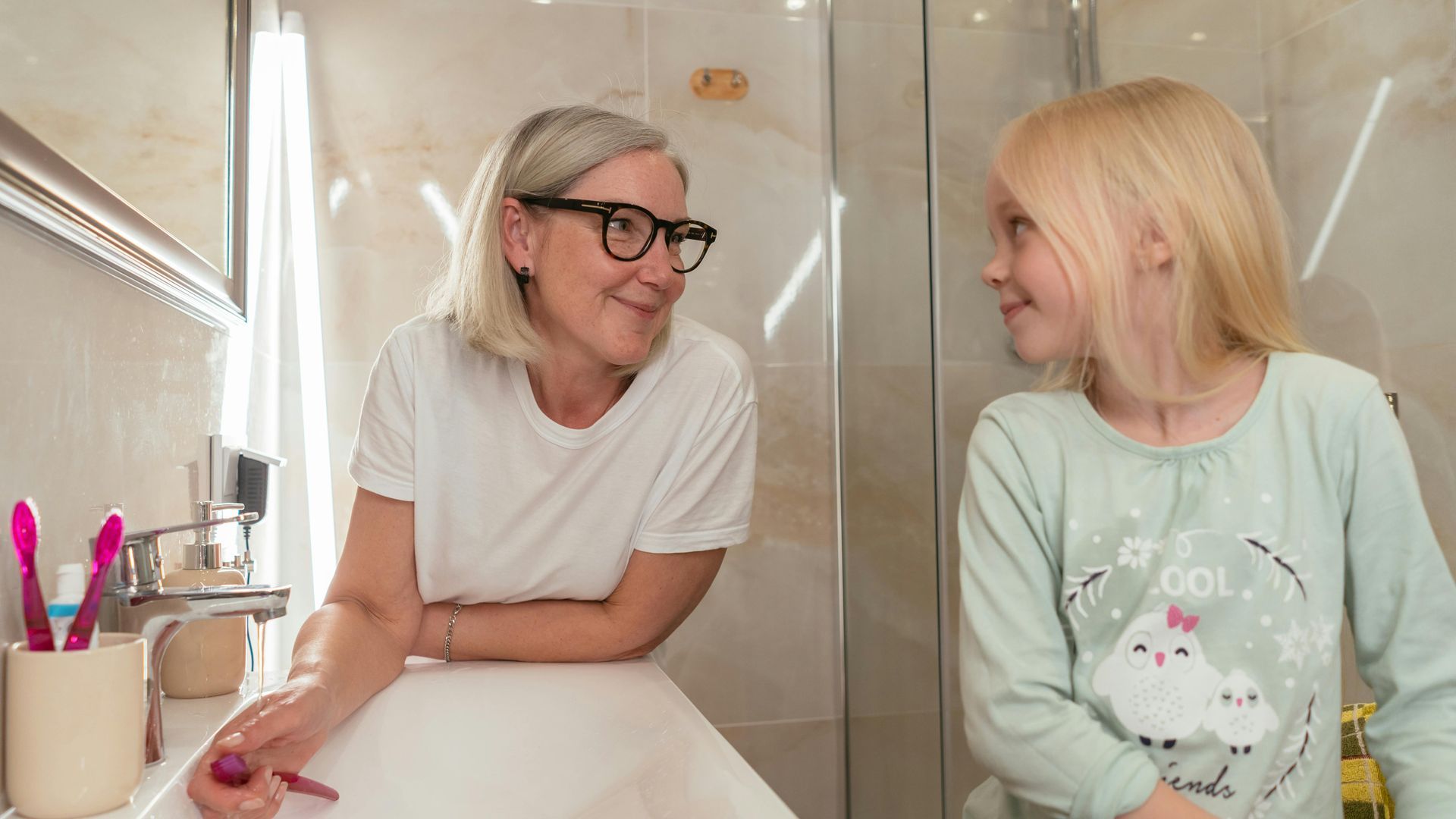Teaching Kids About Positive Social Relationships to Improve Their Mental Health
The Power of Thought: Building a Foundation of Healthy Thinking
Children learn many habits early on in life. Many of those habits are what form their abilities, patterns, and behaviours as adults. Mental health habits are also formed early in life, and there are things you can do to encourage healthy mental habits in your kids. When you focus on the fact that mental care is just as important as physical care, your children will have a better understanding of how to make their overall well-being a priority.
One aspect of mental wellness is having positive social relationships. Even when your children are little, you can encourage them to cultivate healthy relationships with family members, caregivers, and friends. What you teach them about relationships now will form how they view social interactions in the future.
Why are positive social relationships so important for children? More importantly, what can you do to teach your kids about developing positive relationships for the well-being of their mental health?
Why Socialization is Important
Teaching your kids the importance of positive socialization at a young age will reap lifelong benefits. By interacting with other children, your little ones will:
- Develop a greater sense of who they are
- Learn about problem-solving
- Learn how to set boundaries
- Learn to have empathy for others
Being around other people will allow your children to consistently grow in their social development. But, healthy adult relationships are just as important. When your children have caring adults in their lives, they’ll be more likely to develop secure attachments. They’ll have a greater sense of being valued and worthy of love. That might seem like a small thing now, but it’s crucial for your children’s development, and can help them become well-adjusted adults who are independent and confident.
You can do your part as a parent by setting aside time each day to give your full attention to your little one – no phones, televisions, or other distractions. The social relationship between you and your child will likely be the first one they experience. Commit to being a healthy model for them so they know what to expect and how to act when they interact with others outside the home.
Creating Socialization Habits
There are plenty of ways to teach your kids about developing positive social relationships. Thanks to advancements in technology, they can connect with family members and friends from just about anywhere. If you’re not sure how to get started with these habits, try some of the following ideas:
- Using Skype or Zoom to catch up with loved ones
- Setting up “grandparent days” for your kids
- Walking through the neighborhood and saying hello to people they know
- Signing them up for a class or club
- Having friends or family members over for dinner
When you create socialization habits in your children, they’ll have a stronger sense of well-being. Studies have shown that kids who enjoy close friendships in their early years tend to have lower rates of anxiety and depression than adults. Healthy relationships can even lead to a longer lifespan.
Don’t be afraid to follow the natural interests and tendencies your child already has when you’re trying to create stronger socialization habits. Do they have a particular hobby? Try to connect them with family members or friends who share those interests. Do they enjoy sports? Sign them up for a team! By utilizing the things your children already enjoy, they’ll be more comfortable interacting with others and growing stronger relationships based on common ground and interests.
How to Foster Positive Relationships With Different Groups of People
Developing socialization habits in your children is about more than encouraging them to talk to people they know. It’s about teaching them how to form positive social relationships with almost anyone.
Children need to know that we live in a diverse world, and everyone communicates differently. For example, many people are neurodiverse – they have a range of neurological differences. It’s estimated that 15-20% of the population is neurodiverse, many with conditions like autism, dyslexia, or ADHD. Some neurodiverse individuals don’t speak as much, while some are completely nonverbal and communicate in other ways.
Teaching your children the importance of positive social relationships between neurodiverse and neurotypical people will help them with their communication efforts for the rest of their lives. When your children recognize that not everyone communicates the same way, they’ll be more likely to adapt to different situations. More importantly, they’ll learn how to be empathetic, and less stressed about these differences.
The benefits of positive social relationships for kids are seemingly endless. Positive relationships will boost their self-esteem and their sense of worth while teaching them how to interact with different groups of people. With so much evidence pointing toward the mental health benefits of positive social relationships, it’s never too early to start forming these habits in your children, so they can enjoy the benefits now, and as they grow into teens and adults.
More Resources
Finding the right support in times of need can be challenging.
Book an appointment with one of our agencies to access the support you need. Community Connect Regina offers rapid access to the support you require, and our online booking option ensures you can easily schedule appointments that suit your availability.






